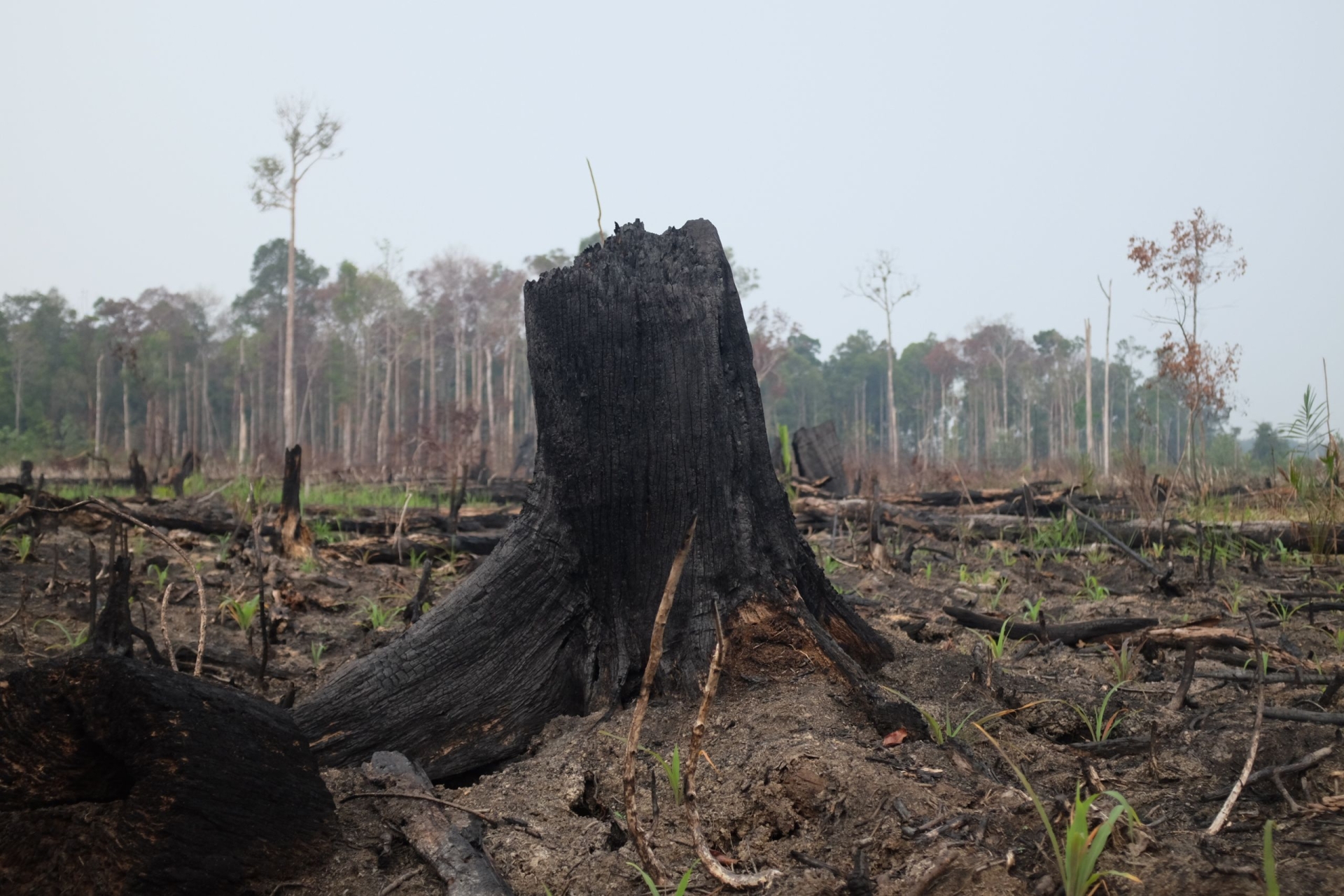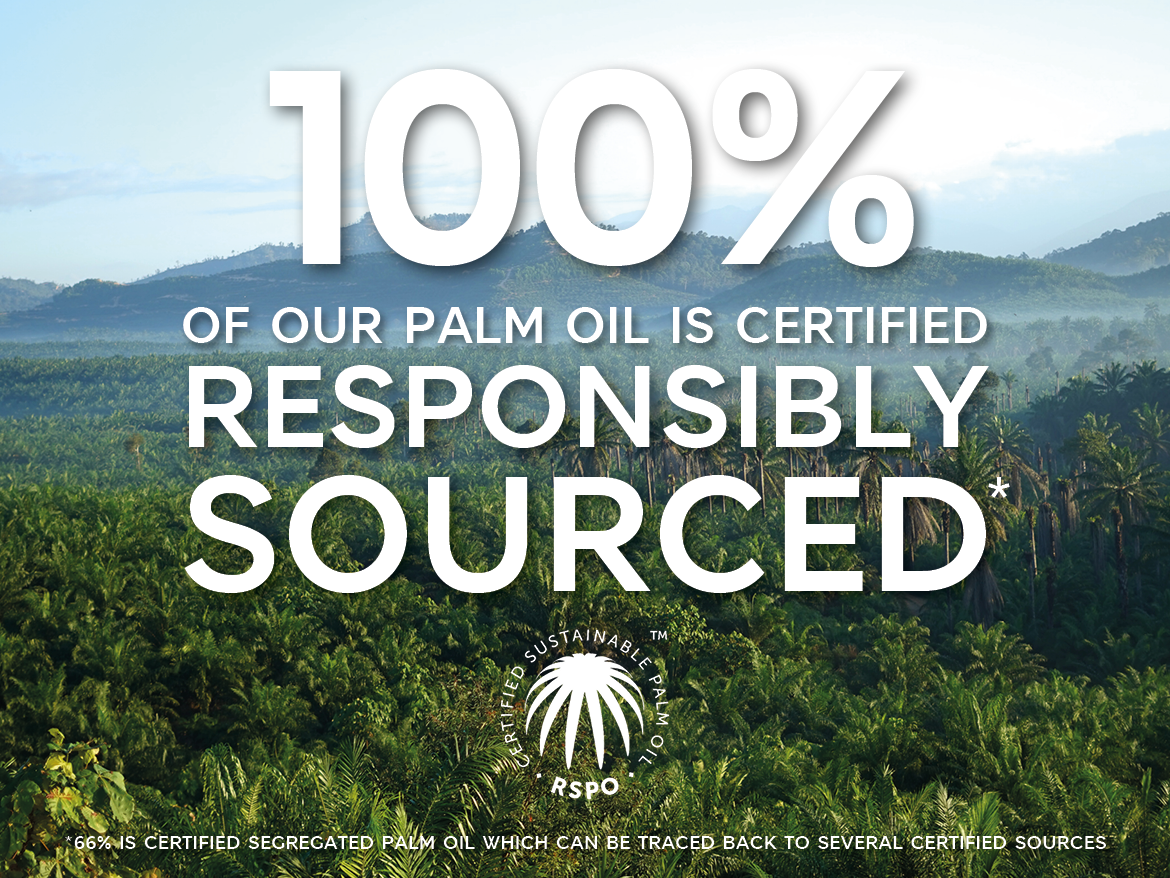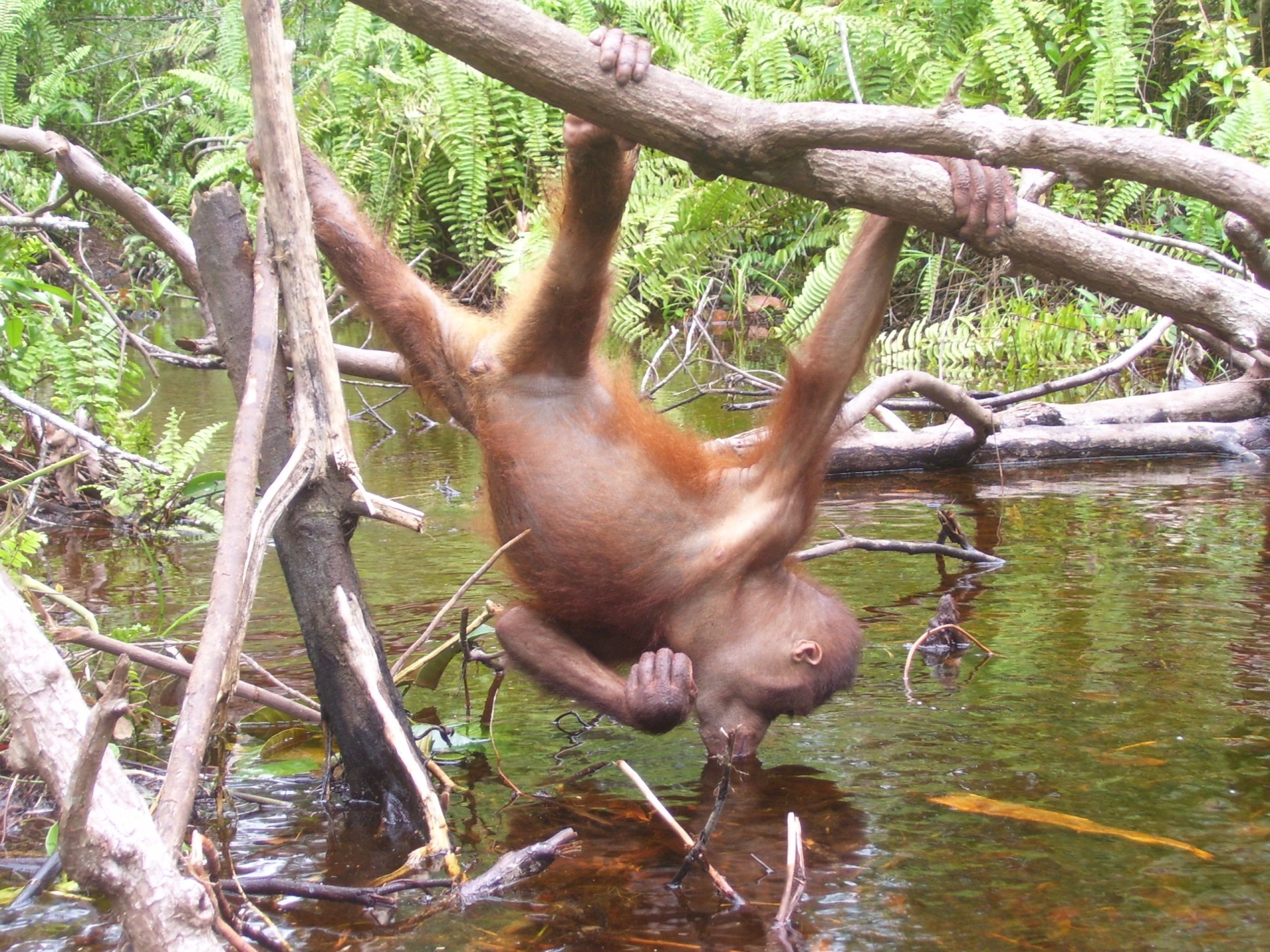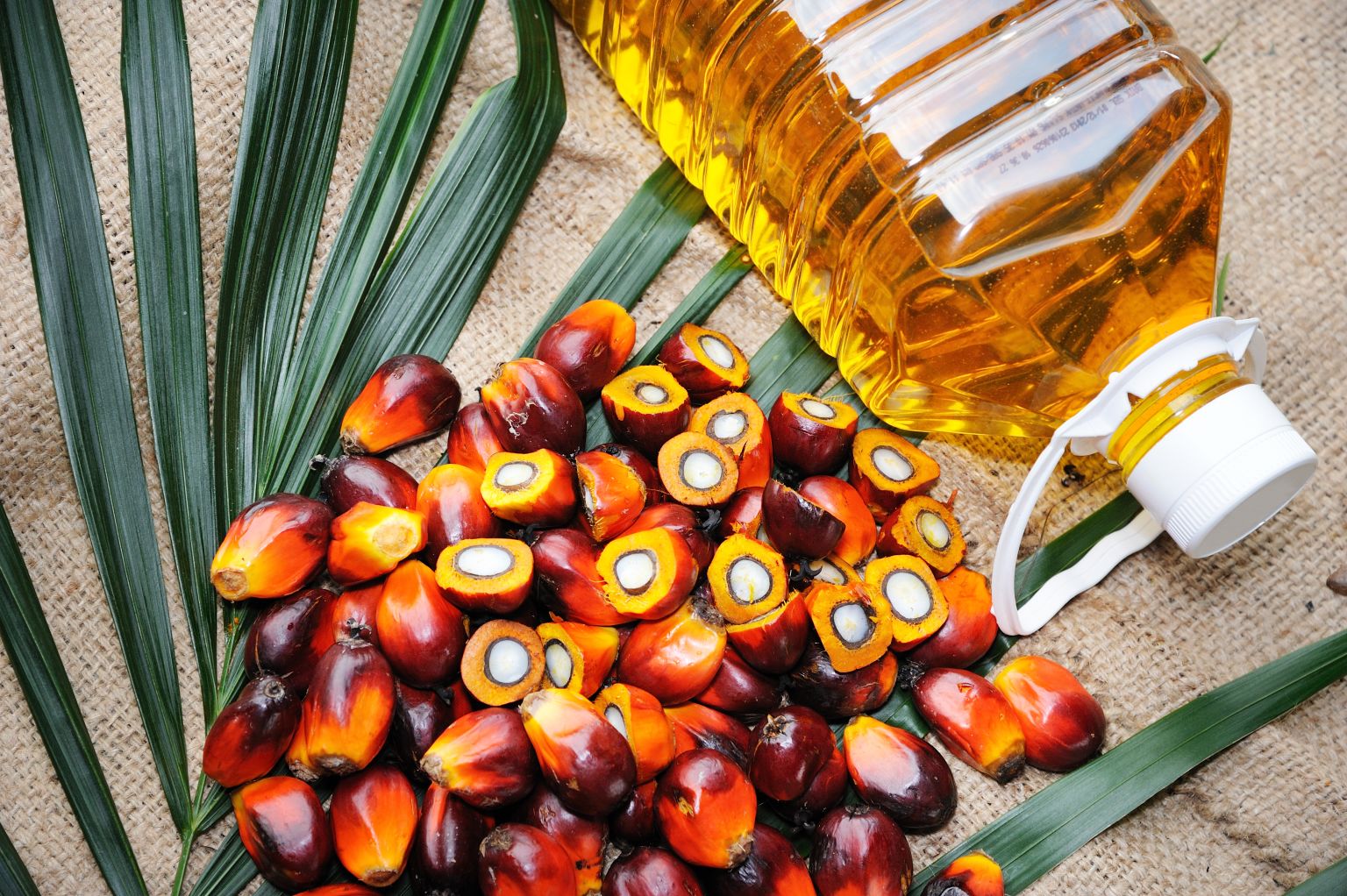At M&S, we use about 5,500 tonnes of palm oil a year in products such as biscuits, bread, ready meals and cosmetics. Because of its neutral flavour and aroma and great cooking properties it is incredibly useful and versatile.
We buy less than 0.01% of the world’s palm oil but we’re determined to make sure this doesn’t contribute to deforestation. We’ve been working since 2006 to source more sustainably produced palm oil.
We’re supporting efforts to raise standards across the whole sector too, aiming to break the link between palm oil production and deforestation.

What’s the problem with palm oil?
As demand for palm oil soared, huge areas of tropical rainforest and peatland in South East Asia were cleared to expand smallholdings and make way for large scale plantations.
This is bad news for endangered species like orangutan and the Sumatran tiger and bad news for efforts to combat climate change. Clearing forests to grow crops such as palm oil and soy or to raise cattle is thought to be responsible for up to 15% of global greenhouse gas emissions.
Palm oil has become an important source of income and employment for millions of people in developing countries. But in some areas, its production has been linked with human rights violations affecting indigenous communities and plantation workers.
What we think
Destroying forests to grow palm oil is not acceptable. We only want to use palm oil that’s been produced sustainably. That means no deforestation and protection for the rights of workers and communities.
But, simply boycotting palm oil is not the answer...
Our palm oil standards
We only buy palm oil that is certified responsibly sourced by the Roundtable on Sustainable Palm Oil – a global non-profit organisation. The RSPO is working to improve palm oil production to protect biodiversity and forests and safeguard human rights.
We set our own additional standards for suppliers too. We require them to report progress to us and to be transparent about where they source their palm oil. We monitor their progress and we’ll stop working with companies who don’t meet our requirements.


How are we doing?
100% of the palm oil used in our products meets RSPO standards and has done so since 2010. And 69% of our certified palm oil is actually ‘segregated’ which means it is fully traceable to more sustainable sources.
Around 120 of our suppliers use palm oil. They all report their performance to us each year – even if they use very small volumes.
We also support projects on the ground to preserve forest and peatland by creating sustainable sources of income for local people. Like the Rimba Raya Biodiversity Reserve, where our support has helped protect 47,000 hectares of peatland on the island of Borneo.
Our progress has been recognised by WWF, the conservation group, who rated us 18.8 out of 22 and ‘leading the way’ on their most recent Palm Oil Scorecard.
Joining forces to improve production
We use a small fraction of the world’s palm oil. We can make a difference by buying sustainable palm oil but we can’t transform the industry on our own.
We’ve been working with businesses, governments and environmental groups since 2006 to improve production and increase transparency in the supply chain. We’ve helped the RSPO strengthen and update its standards to prevent deforestation, helped found the Retail Palm Oil Transparency Coalition. And we’re part of several other groups including the Tropical Forests Alliance, the Consumer Goods Forum and the Retail Palm Oil Group – all working to bring about change.
Over the next year we’ll be going even further to increase transparency – enabling our customers to find out more about where the palm oil we use comes from.



